Brushing your teeth is not a difficult task. Besides, you’ve been doing it since you were young. But still, it is easier than you think to commit tooth brushing mistakes which can put your oral health at risk.
Here’s how you might be brushing and flossing your teeth incorrectly:
1. Brushing for Less Than Two Minutes
According to the Australian Dental Association, you should brush your teeth for at least two minutes morning and night. You may think that you are brushing your teeth this long, but the truth is you fall woefully short.
In most cases, you have been brushing your teeth for less than a minute. Remember that your perception of how long you are brushing isn’t always accurate, so use a timer on your phone, or perhaps an electric brush that beeps once you reach two minutes. You may be surprised at how long two minutes really are!
2. Using the Wrong Brush
You may have noticed that it is getting harder to find toothbrushes with medium or firm bristles. These bristles are too harsh for your gums and teeth; thus, most dentists don’t recommend them. It is also for this reason that you can hardly find them in the supermarket or chemist.
Dental professionals, including our team at Apple Dental, recommend using soft or ultra-soft bristles because these are gentle on your teeth and gums. Think of your gum like a turtleneck collar, and you must get under that collar. Brushes with medium and hard bristles won’t do that.
Aside from bristles, the toothbrush head must also be considered. Of course, you should choose a brush that fits your mouth comfortably. Oftentimes, smaller is the best way to go. Unless you have a wide mouth, a compact brush head does a better job because it allows you to clean those hard-to-reach molars.
3. Brushing Too Hard
Brushing your teeth too hard will do more harm than good. You may think that pressing hard against your teeth keeps them healthy because you get a satisfying sensation, but it is not. The main point of brushing is to remove plaque and prevent tooth decay.
Moreover, brushing too hard will overstress your gums, causing them to recede. And this can expose a part of your tooth’s roots, making the area sensitive to cold and hot temperatures. Furthermore, the root can become more susceptible to cavities.
4. Brushing at the Wrong Angle
Brushing your teeth across like you are playing violin is not the best way to clean your pearly whites. The Australian Dental Association recommends holding your brush at a 45-degree angle downward for your bottom teeth and upward for your top teeth. This way, the bristles will clean and sweep under your gum line where most plaque hides. Then, brush your teeth gently in small circles like you are drawing “O’s” over them. Don’t forget to brush the insides also.
But if you are using an electronic sonic toothbrush, you do not have to brush at a 45-degree angle. These dental appliances are designed to go straight on your tooth. Also, you do not have to make circles. All you have to do is to hold it there for a couple of seconds.
5. Not Considering Flossing as Mandatory
Is your container of dental floss collecting dust in your cabinet? You are not alone. Based on a 2014 survey, about 41% of Australians are flossing their teeth at least once daily while 20% haven’t even used dental floss.
Brushing alone is not enough to keep your teeth and gums healthy. Flossing will help remove plaque hiding between your teeth. If you are not a fan of flossing, you can opt for an interdental cleaner.
6. Neglecting to Brush Your Tongue
Your tongue is the biggest source of bad breath. Plenty of food debris and microbes get stuck on it. So don’t forget to brush your tongue. The Australian Dental Association emphasizes that bad breath can be reduced by up to 70% just by brushing your tongue.
7. Not Changing Your Toothbrush Regularly
The bristles of your toothbrush become worn and frayed over time, making them less efficient at cleaning, even if you brush to the prescribed 45 degrees. Old toothbrushes can also damage your teeth. Furthermore, broken or cracked bristles harbour bacteria, so make sure to change your toothbrush every three months.
8. Brushing Your Teeth Too Soon
It is often tempting to immediately go to the bathroom to remove any remnants of that meal you just ate. This is better than not brushing at all. But you may want to back off a bit, especially if you just ate something acidic.
If you brush immediately after eating, you might be helping the acid to erode or eat away your tooth enamel. Instead, wait for about 15-20 minutes — long enough for your saliva to do its work on the acid. While waiting, you can just rinse your mouth with water to get rid of food debris and cavity-causing bacteria.
While you are young, you should develop good dental habits. If you’re an adult, it is not too late! If you enjoy brushing, you’ll be able to prevent or lessen the risk of any oral health problems later on. A great start to preventative dental care is to avoid committing these common brushing and flossing mistakes.
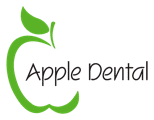

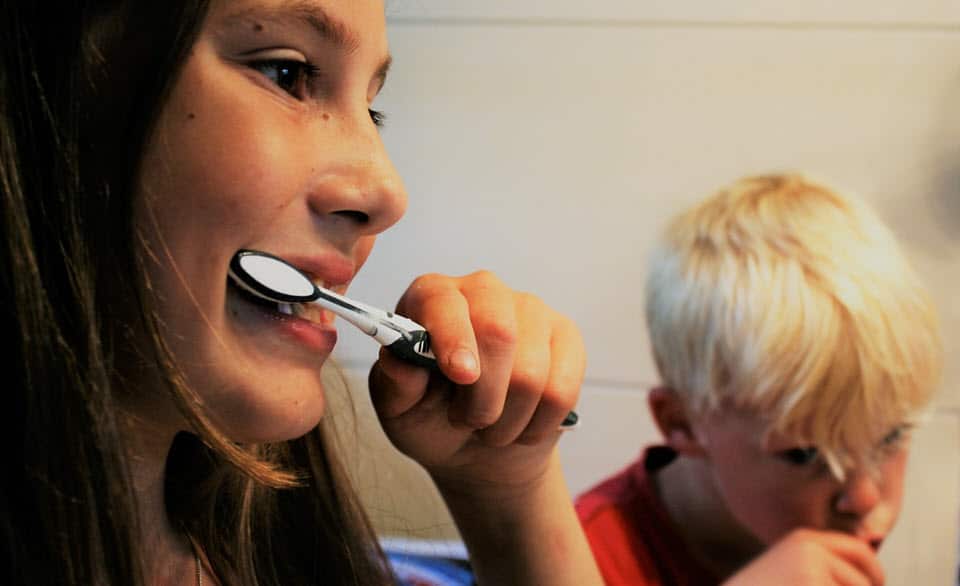

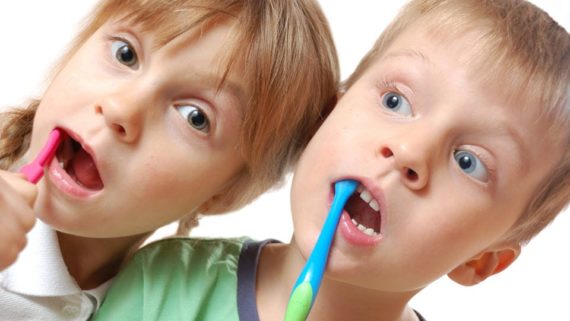
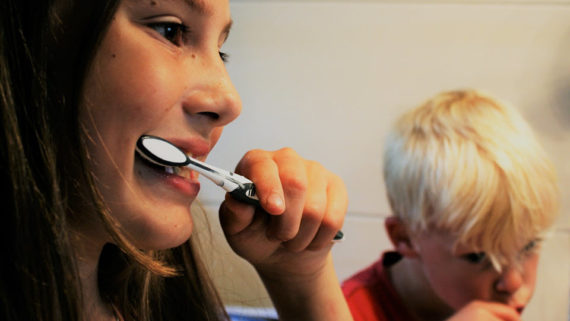
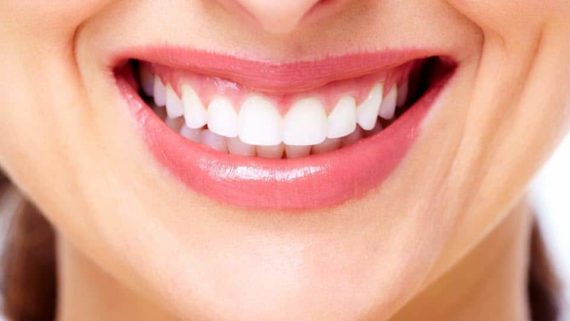


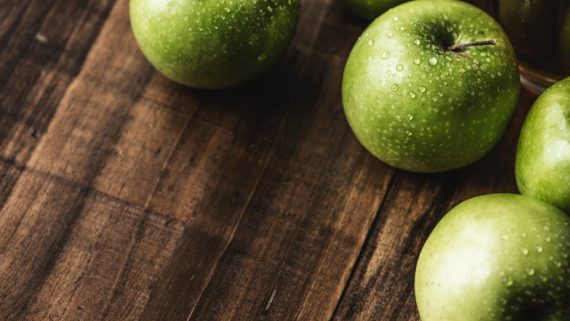
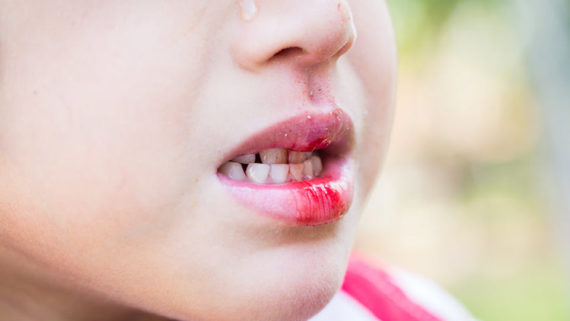
Comments
No comment yet.